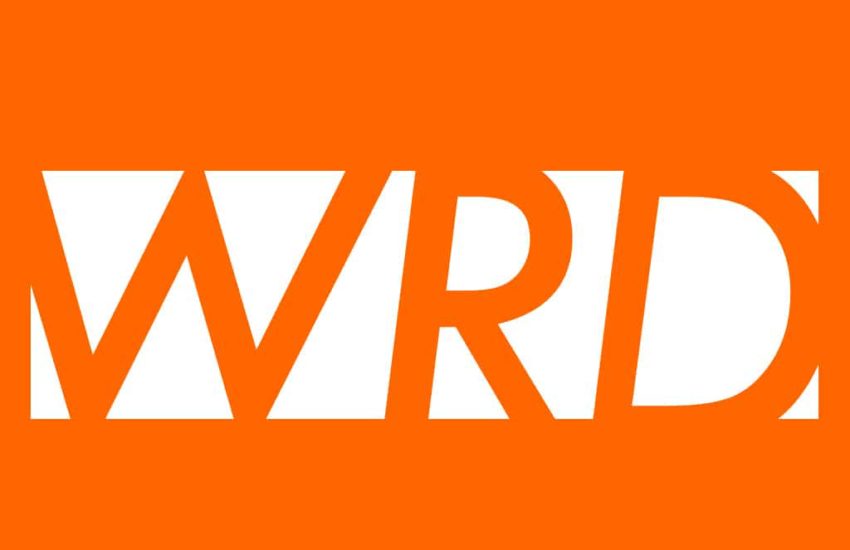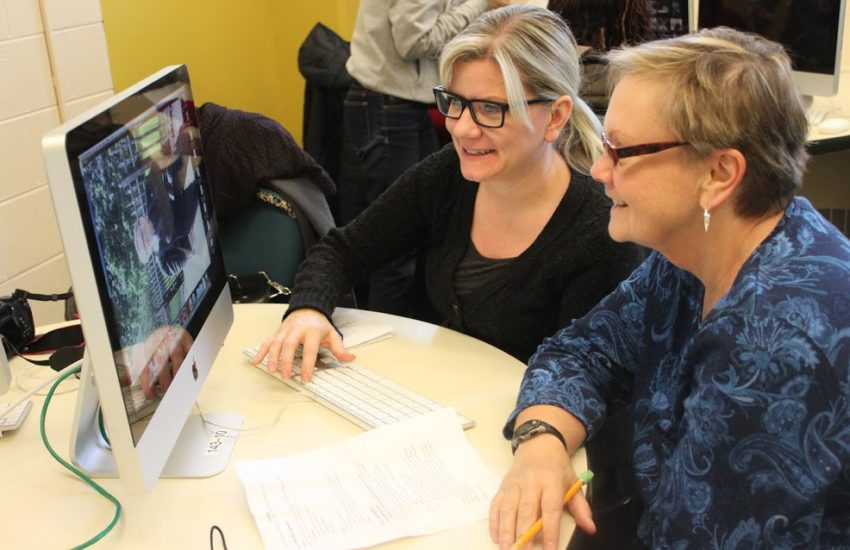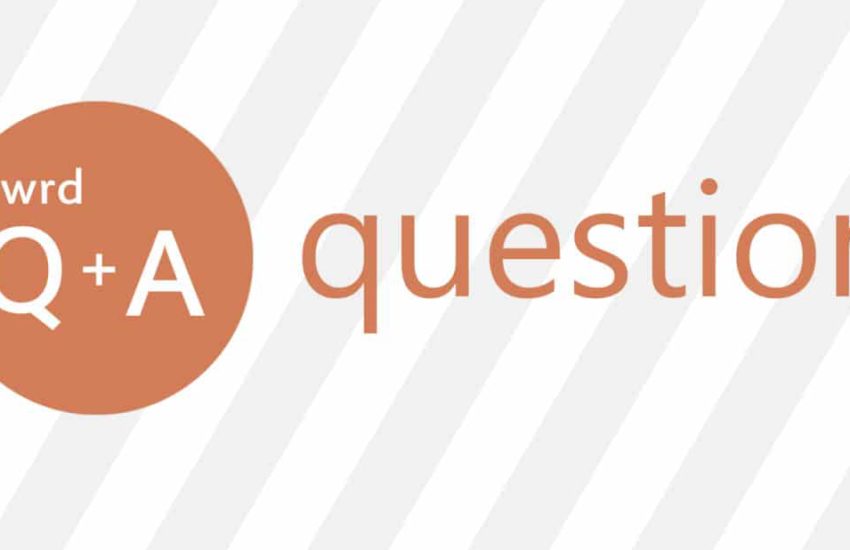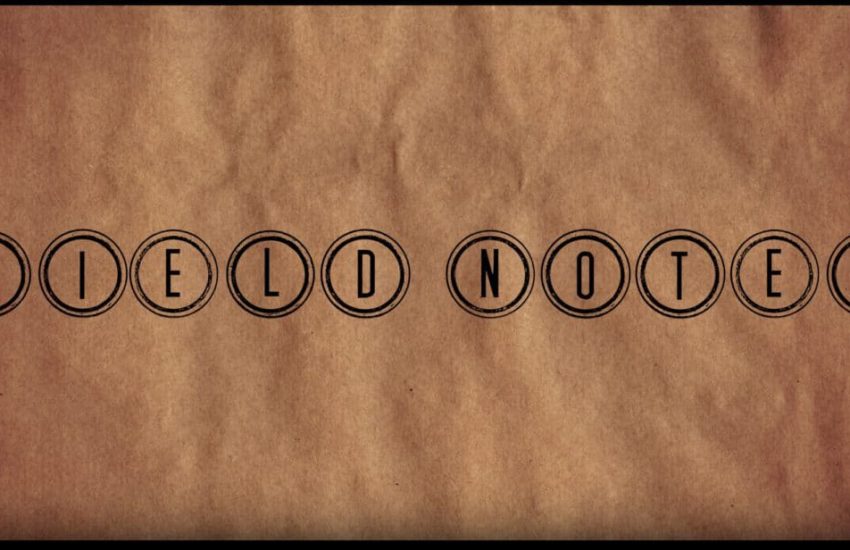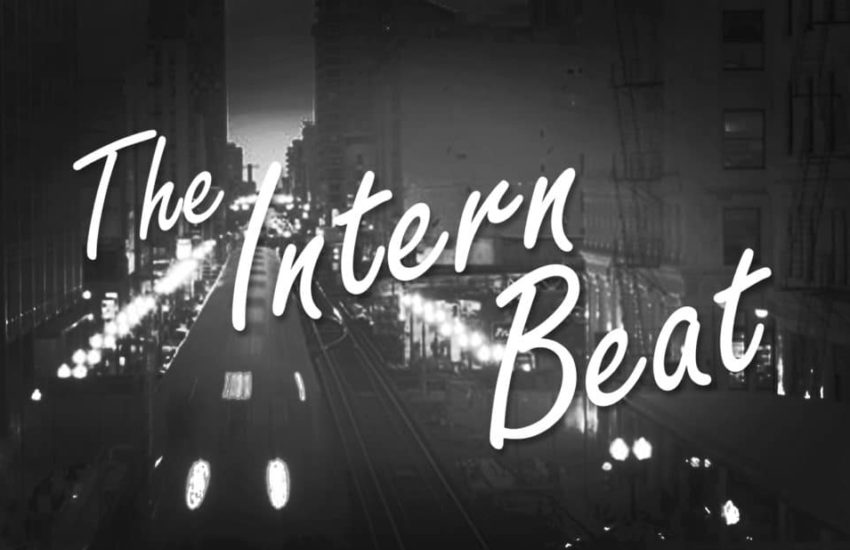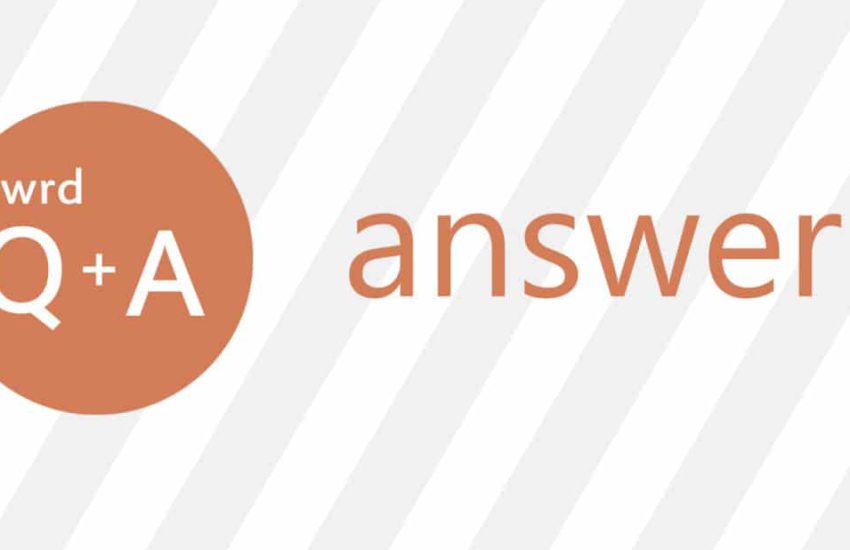This quarter, we feature two students who recently graduated from the MA in WRD and the Teaching Apprenticeship Program (TAP). Joe Anderson and Mark Lazio both received MA in WRD 2013. Here, they share with us how the TAP program helped them achieve their academic and post-graduation goals.
Continue reading